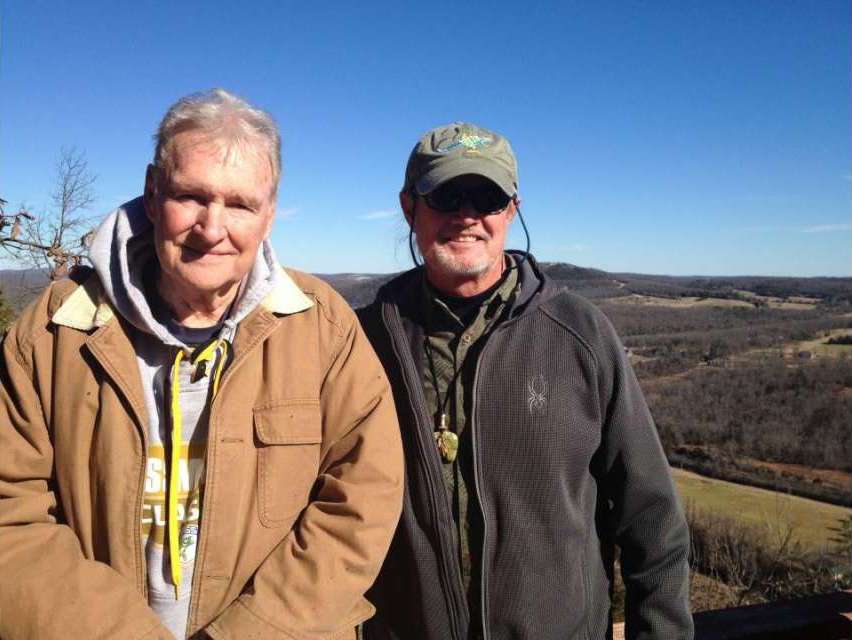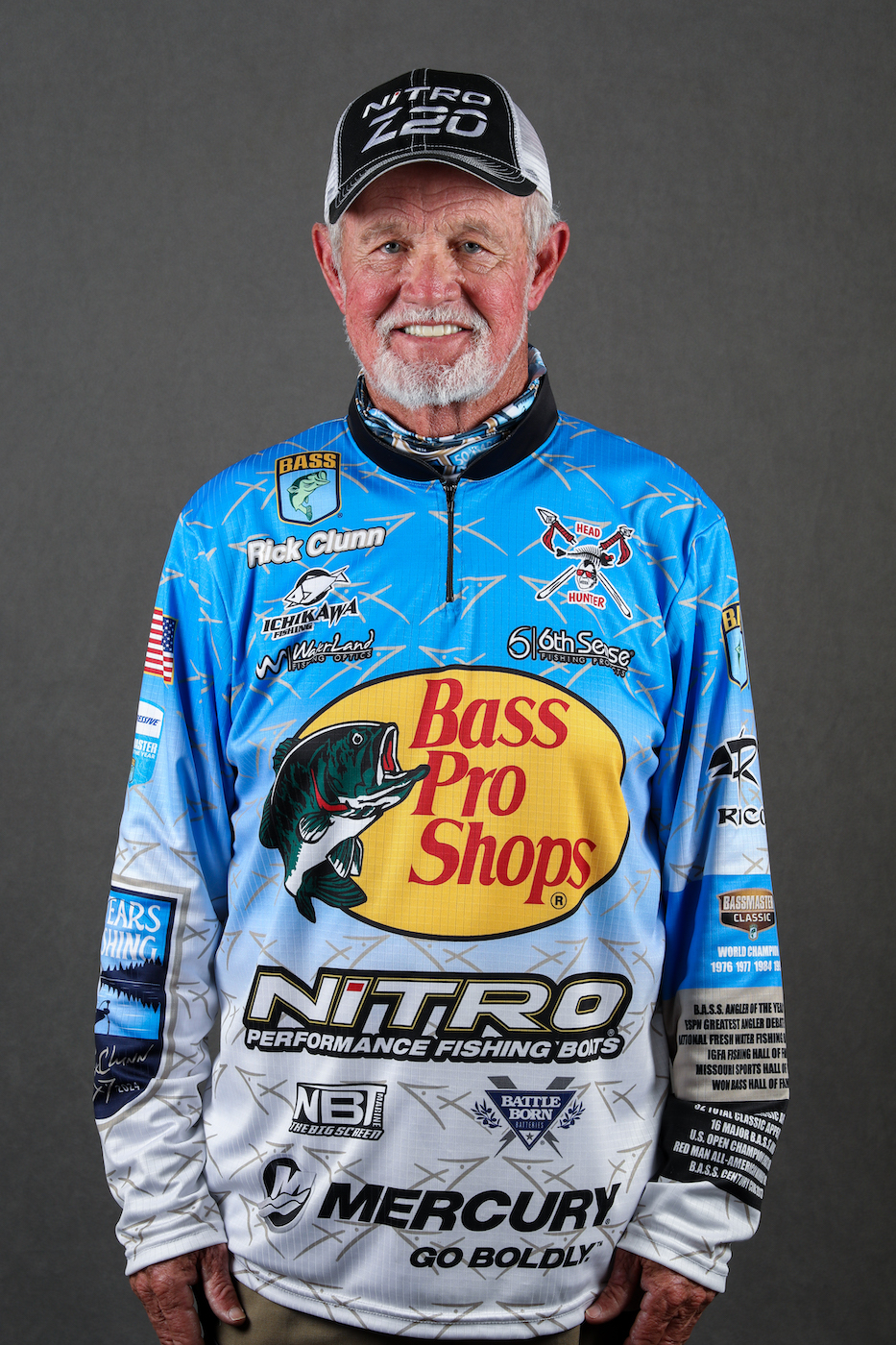
Jerry McKinnis has been telling me about a place in Wyoming where he fly fishes and has wanted me to experience it.
I put him off several times, mainly because I would have to use a fly rod and deal with tiny lines and hooks, something I never really understood or appreciated.
I used to fly fish for bass as a youngster. I would ride my bike to a lake behind our subdivision and fish for bass before I left for school. My mom worked at the school, would honk the horn signaling it was time to go to school. She’d bring me a change of clothes because I’d be wet and muddy from wading into the creek.
That was the last time I had a fly rod in my hand, probably 60 years ago.
Trout fishing in Wyoming would be an entirely different experience and something I never could comprehend.
Well, Jerry’s friend Angie pitched the idea to my wife Melissa, who grew up fly fishing and loves the outdoors. She was thrilled with the notion, and obviously, that meant we were going.
Now, don’t get me wrong; I knew this was a beautiful place, and it was. I also respect all types of anglers, but have always thought of fly fishermen as purists with strange practices and ethics.
For example, I was given chest waders to wear the first day for fishing a stream that appeared very shallow and probably only 20 feet across.
When I asked why I needed waders, I was told it was “because you need to look good when fly fishing.”
I’ve always been a 20-pound-plus line guy, so I had to ask for help tying on tiny flies because I couldn’t even feel the 4-pound line between my fingers.
Nor could I grasp the concept of those tiny flies and hooks. We were fishing for 10-pound plus rainbows; I wouldn’t even think of trying to catch a big bass on those hooks.
Remarkably, my childhood memories came back to me when I started working the fly rod. It amazed me that I still retained the ability to do that. Oddly enough, I found myself placing the line between my lips as I stripped line and worked the fly. Experienced fly fishermen finger the line and allow it to fall beneath them, but I was holding it in my mouth, just as I did as a youngster.
I quickly learned to do it the right way.
I also had to learn to not set the hook; I broke off a fish or two and lost a few before I got the hang of it.
I discovered that bass fishermen really don’t “fight” big fish; we use heavy tackle and get them in as quickly as possible. When playing a big rainbow on 4-pound line, you better fight it on its terms and let the rod do as it’s designed to do.
That became apparent when I hooked a 10-pound rainbow. My arms ached within the first few minutes. That doesn’t happen in bass fishing.
When that fish turned and swam past me, my entire attitude about fly fishing changed. My respect elevated for the sport and the fish. Suddenly, I went from wanting to catch that fish to making sure I didn’t hurt it.
It was that epiphany when I gained an appreciation for fly fishing. My jokes about sissy baits, rods and hooks, and their detailed passion for specific nymphs and larvae, ended.
I now understand.
Fishermen are much like society. We have these circles — like bass fishing or trout fishing — we live in. We have our own languages and understanding of our respective sports. Sadly, if you are not within one of those circles you can’t really appreciate what drives that passion.
Melissa understood it. I was mesmerized as I watched her work the rod masterfully as she finessed a fly through the current.
She was not only good, but she loved doing it; I felt guilty that I have given her so few opportunities.
Those few days fly fishing in Wyoming not only gave me tremendous respect and admiration for the sport, but it left me looking forward to getting back in a pair of waders.

